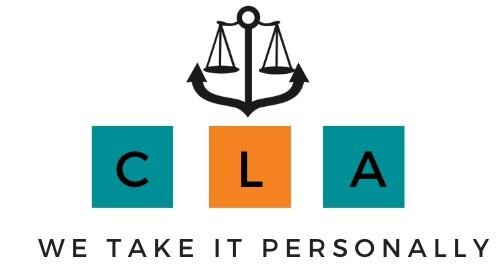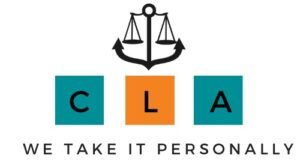Criminal law is one of the most vital pillars of society. It sets the boundaries of acceptable conduct, defines punishable acts, and ensures justice is served when laws are broken. Unlike civil law, which resolves disputes between individuals, criminal law protects the public by holding offenders accountable.
This article breaks down the offenses, trials, and truths behind the justice system to help you understand how it truly works.
1. What is Criminal Law?
Criminal law governs behavior that threatens, harms, or endangers the safety of individuals and society. It prescribes penalties ranging from fines to imprisonment and, in some cases, capital punishment.
Its primary goals are:
- Deterrence – discouraging individuals from committing crimes.
- Punishment – ensuring wrongdoers face consequences.
- Rehabilitation – helping offenders reintegrate into society.
- Protection – safeguarding the community from harm.
2. Categories of Criminal Offenses
Criminal law covers a wide range of unlawful acts, often grouped into:
- Personal Crimes – offenses against individuals (e.g., assault, murder, kidnapping).
- Property Crimes – crimes involving theft or destruction (e.g., burglary, arson, robbery).
- White-Collar Crimes – financial crimes committed without violence (e.g., fraud, embezzlement, cybercrime).
- Victimless Crimes – acts that may not directly harm others but are prohibited (e.g., drug possession, gambling in restricted areas).
- Public Order Crimes – actions that disrupt peace and safety (e.g., rioting, unlawful assembly).
3. The Criminal Trial Process
A criminal trial is the stage where the accused faces justice. The process typically includes:
- Investigation & Arrest – Law enforcement gathers evidence and detains suspects.
- Charges Filed – Prosecutors decide which laws have been violated.
- Pre-Trial Hearings – Bail, plea bargaining, and evidence admissibility are determined.
- Trial – Both prosecution and defense present their case before a judge or jury.
- Verdict & Sentencing – If found guilty, punishment is decided according to law.
- Appeals – The accused may challenge the verdict in higher courts.
4. Key Principles of Criminal Law
- Presumption of Innocence – Every accused is considered innocent until proven guilty.
- Burden of Proof – Prosecution must prove guilt “beyond a reasonable doubt.”
- Right to Legal Representation – Defendants have a right to a lawyer.
- Fair Trial – Trials must be impartial, transparent, and just.
5. Realities of the Criminal Justice System
While laws aim for fairness, challenges exist:
- Delayed Trials – Justice delayed can sometimes mean justice denied.
- Misuse of Power – Wrongful arrests or coerced confessions occur.
- Inequality – Economic and social status may impact access to legal defense.
- Reform Needs – Many argue for restorative justice over purely punitive measures.
6. Why Understanding Criminal Law Matters
Awareness of criminal law protects individuals from both committing crimes unknowingly and from being wronged during legal processes. It empowers citizens to demand justice, exercise their rights, and contribute to a lawful society.
Final Thought
Criminal law is not just about punishing the guilty—it’s about balancing truth, justice, and fairness. By navigating offenses, trials, and the deeper realities of the justice system, we can better understand how the law shapes society and safeguards our freedoms.

